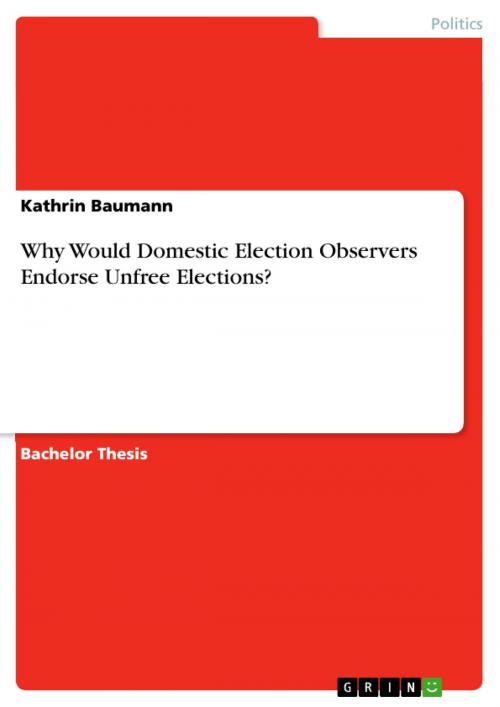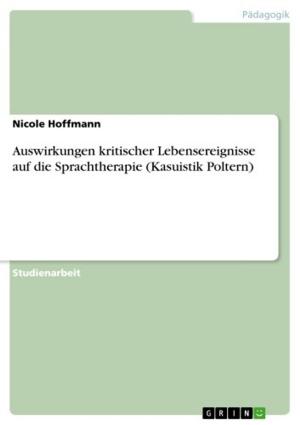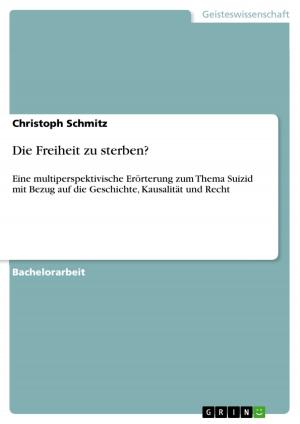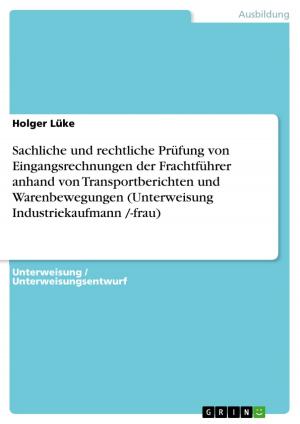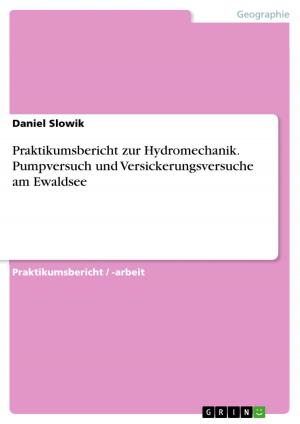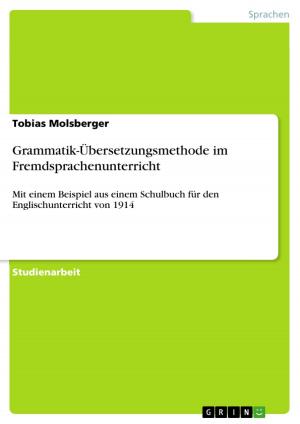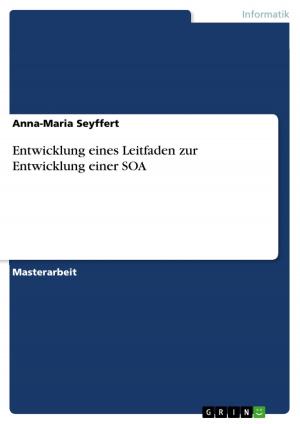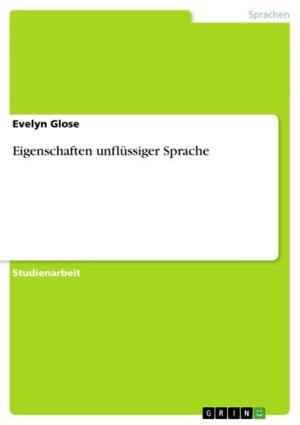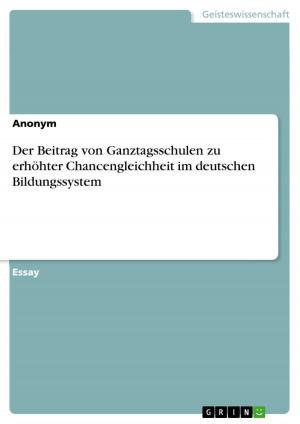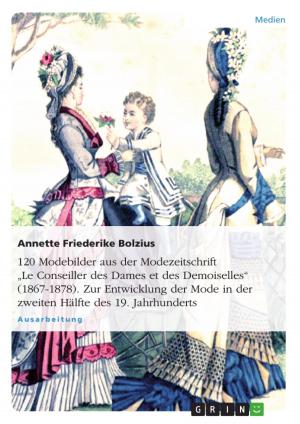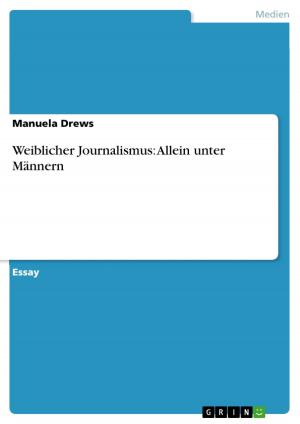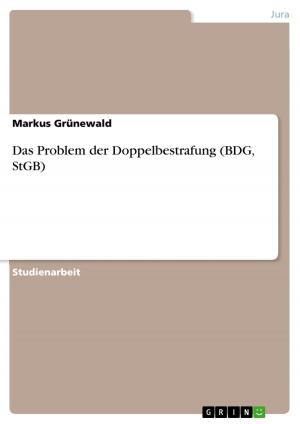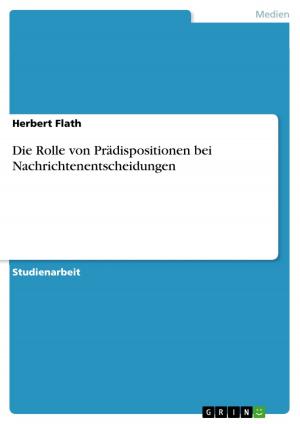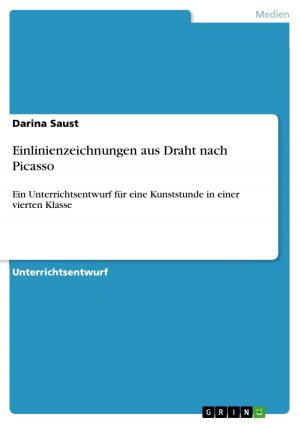Why Would Domestic Election Observers Endorse Unfree Elections?
Nonfiction, Social & Cultural Studies, Political Science, International, Foreign Legal Systems| Author: | Kathrin Baumann | ISBN: | 9783668275942 |
| Publisher: | GRIN Verlag | Publication: | August 17, 2016 |
| Imprint: | GRIN Verlag | Language: | English |
| Author: | Kathrin Baumann |
| ISBN: | 9783668275942 |
| Publisher: | GRIN Verlag |
| Publication: | August 17, 2016 |
| Imprint: | GRIN Verlag |
| Language: | English |
Bachelor Thesis from the year 2016 in the subject Politics - Political Systems - General and Comparisons, grade: 1,3, University of Mannheim (School of Social Sciences), language: English, abstract: Domestic election observers sometimes endorse elections even though those cannot be characterized as free and fair. Based on the studies of Judith Kelley (2009: 2010), I examine what causes this endorsement. My argument is that domestic observers are more likely to endorse unfree elections if pre-election violence and improvement took place. The dataset used to answer the research question is a new one, based on domestic observer reports from the GNDEM, Freedom House, the PTS and the V-dem 6.0 dataset. By doing logistic regression, I find out that some reasons for endorsement are similar for both domestic and international observers. It is puzzling that domestic monitors accept fraudulent elections because it affects their credibility and reduces their influence as they may be viewed as unreliable. For international observers, various reasons for this phenomenon have been identified but domestic observers have received little attention so far. Yet, domestic organizations are different from international ones in terms of structure and environment, which raises the question to what extent reasons for endorsement can be similar. Therefore, it is necessary to take a deeper look at local observers in order to fill a gap in the literature. Moreover, a better understanding is needed in order to improve domestic monitoring, the quality of democracy promotion, and to avoid the unwanted effect of stabilizing non-democratic regimes. Democratization must come from the inside in order to be successful and domestic observers may give the crucial incentive; however, only credible monitors can make a difference. Therefore, my research question will be the following: why would domestic election observers endorse unfree elections?
Bachelor Thesis from the year 2016 in the subject Politics - Political Systems - General and Comparisons, grade: 1,3, University of Mannheim (School of Social Sciences), language: English, abstract: Domestic election observers sometimes endorse elections even though those cannot be characterized as free and fair. Based on the studies of Judith Kelley (2009: 2010), I examine what causes this endorsement. My argument is that domestic observers are more likely to endorse unfree elections if pre-election violence and improvement took place. The dataset used to answer the research question is a new one, based on domestic observer reports from the GNDEM, Freedom House, the PTS and the V-dem 6.0 dataset. By doing logistic regression, I find out that some reasons for endorsement are similar for both domestic and international observers. It is puzzling that domestic monitors accept fraudulent elections because it affects their credibility and reduces their influence as they may be viewed as unreliable. For international observers, various reasons for this phenomenon have been identified but domestic observers have received little attention so far. Yet, domestic organizations are different from international ones in terms of structure and environment, which raises the question to what extent reasons for endorsement can be similar. Therefore, it is necessary to take a deeper look at local observers in order to fill a gap in the literature. Moreover, a better understanding is needed in order to improve domestic monitoring, the quality of democracy promotion, and to avoid the unwanted effect of stabilizing non-democratic regimes. Democratization must come from the inside in order to be successful and domestic observers may give the crucial incentive; however, only credible monitors can make a difference. Therefore, my research question will be the following: why would domestic election observers endorse unfree elections?
